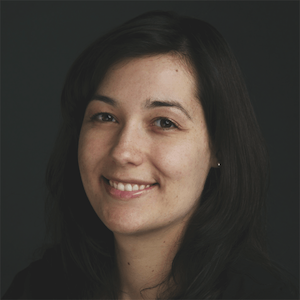The Effects of Sitting on the Spine
Sitting has become so prevalent in our society. The media is continuously telling us about the negative health effects of a sedentary lifestyle. However, the relationship between sitting and back pain specifically is unclear. For example, it is hard to determine whether someone’s back pain is the result of sitting, or the result of something else in his/her life. Given how common low back pain is in the general population, it’s hard to attribute it to sitting alone.
As a result, there is still much to be learned about sitting-induced back pain, especially in regard to pathways of pain and injury, and in the context of older and clinical populations. Currently there are no evidence-based treatment protocols for the management and prevention of sitting-induced low back pain
(e.g. how often should people take breaks, what they should do on breaks, etc.)
These questions have motivated Diana’s research program. Her research analyzes the biomechanics of the spine in seated postures, focusing on three areas:
- Injury mechanisms (acute and repetitive tissue overload, strain of passive tissues by creep, and altered neuromuscular control)
- Treatment options (spine manipulation, stretching, soft tissue therapy, and exercise)
- Prevention strategies (movement breaks, ergonomic aids, chair design, alternative work environments, early diagnostic indicators)
In 2017, Dr. De Carvalho set-up the first, comprehensive biomechanics lab in Newfoundland and Labrador. The new equipment allows her to synchronously track the 3D motion, whole body force and muscle activity of a person. Using these data together with new modelling software, her team can now answer a multitude of research questions pertaining to human movement such as spine stability and stiffness, gait alterations, joint and spine angles, and muscle reflex timing.
Her lab also fabricated a custom jig that challenges torso balance in the seated position. Using a release mechanism and a forward inclined seat, participants will experience an unexpected and brief fall forward which will cause their back muscles to reflexively turn on. This outcome measure will be tested before and after a long sitting trial to see if prolonged sitting could be changing the way the back normally functions.





